Tag:
Sustainable Development Goals (SDGs)
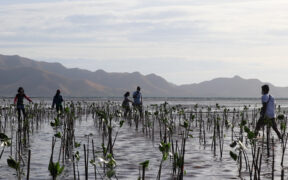
We’ve interviewed Dr. Joan L. Castro, M.D. as a transformative leader and healthcare professional dedicated to reshaping public health.
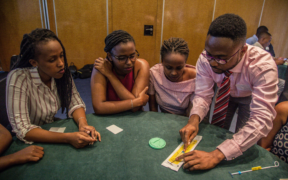
Descriptive analysis of financial data trends in Nigeria, specifically in Ebonyi State, painted a rather gloomy picture for family planning (FP). Dr. Chinyere Mbachu, Doctor at Health Policy Research Group, College of Medicine at the University of Nigeria, and co-author of this research discussed how financing has an impact on reproductive health (RH) family planning.
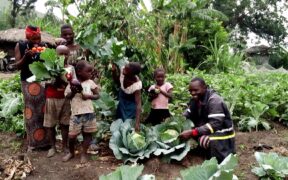
In 2022, Knowledge SUCCESS collaborated with 128 Collective (formerly Preston-Werner Ventures) to conduct a rapid stock-taking exercise to document the impact of HoPE-LVB, an integrated Population, Health, and Environment (PHE) project in Kenya and Uganda. During a recent webinar, panelists shared how HoPE-LVB activities continue in the two countries.
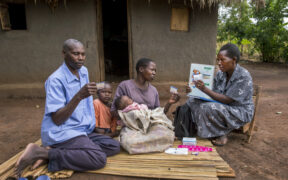
During all stages of reproductive life, men play an important role in conversations and decisions about contraceptive use, family size, and spacing of children. Yet, even with this decision-making role, they are often left out of family planning and contraceptive programming, outreach, and education efforts.
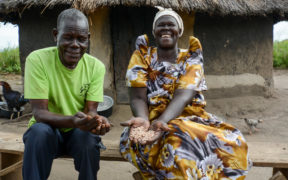
Jared Sheppard reflects on the learnings and skills he developed in his role as a knowledge management and communications intern for the Knowledge SUCCESS People-Planet Connection platform.
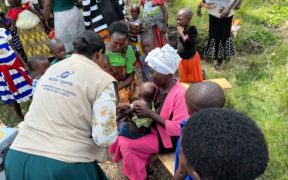
An interview with Jostas Mwebembezi, Executive Director and Founder of The Rwenzori Center for Research and Advocacy in Uganda, which serves women, children, and adolescents in the poorest communities to help them access improved livelihoods, including better health care and education.
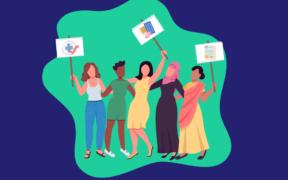
A version of this blog post originally appeared on FP2030’s website. Knowledge SUCCESS partnered with FP2030, Management Sciences for Health, and PAI on a related policy paper outlining the intersectionality between family planning (FP) and universal health coverage (UHC). The policy paper reflects learnings from a 3-part dialogue series on FP and UHC, hosted by Knowledge SUCCESS, FP2030, MSH and PAI.
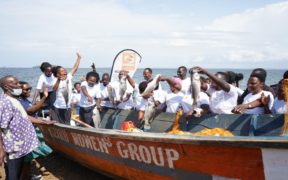
Katosi Women Development Trust (KWDT) is a registered Ugandan non-governmental organization that is driven by its mission to enable women and girls in rural fishing communities to effectively engage in socioeconomic and political development for sustainable livelihoods. KWDT Coordinator Margaret Nakato shares how the implementation of a fishing project under the organization’s economic empowerment thematic area is promoting gender equality and women’s meaningful participation in socioeconomic activities, especially in Uganda’s fishing space.
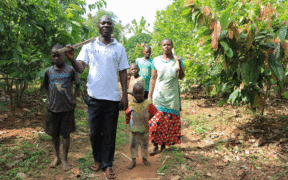
A new Knowledge SUCCESS learning brief documents the sustained impact of activities started under the Health of People and Environment–Lake Victoria Basin (HoPE-LVB) project, an eight-year integrated effort that ended in 2019. Featuring insights from HoPE-LVB stakeholders several years after the project’s closure, this brief offers important lessons learned to help inform future design, implementation, and funding of cross-sectoral integrated programs.

The People-Planet Connection Discourse is helping the PHE community share knowledge by hosting several virtual dialogues.













